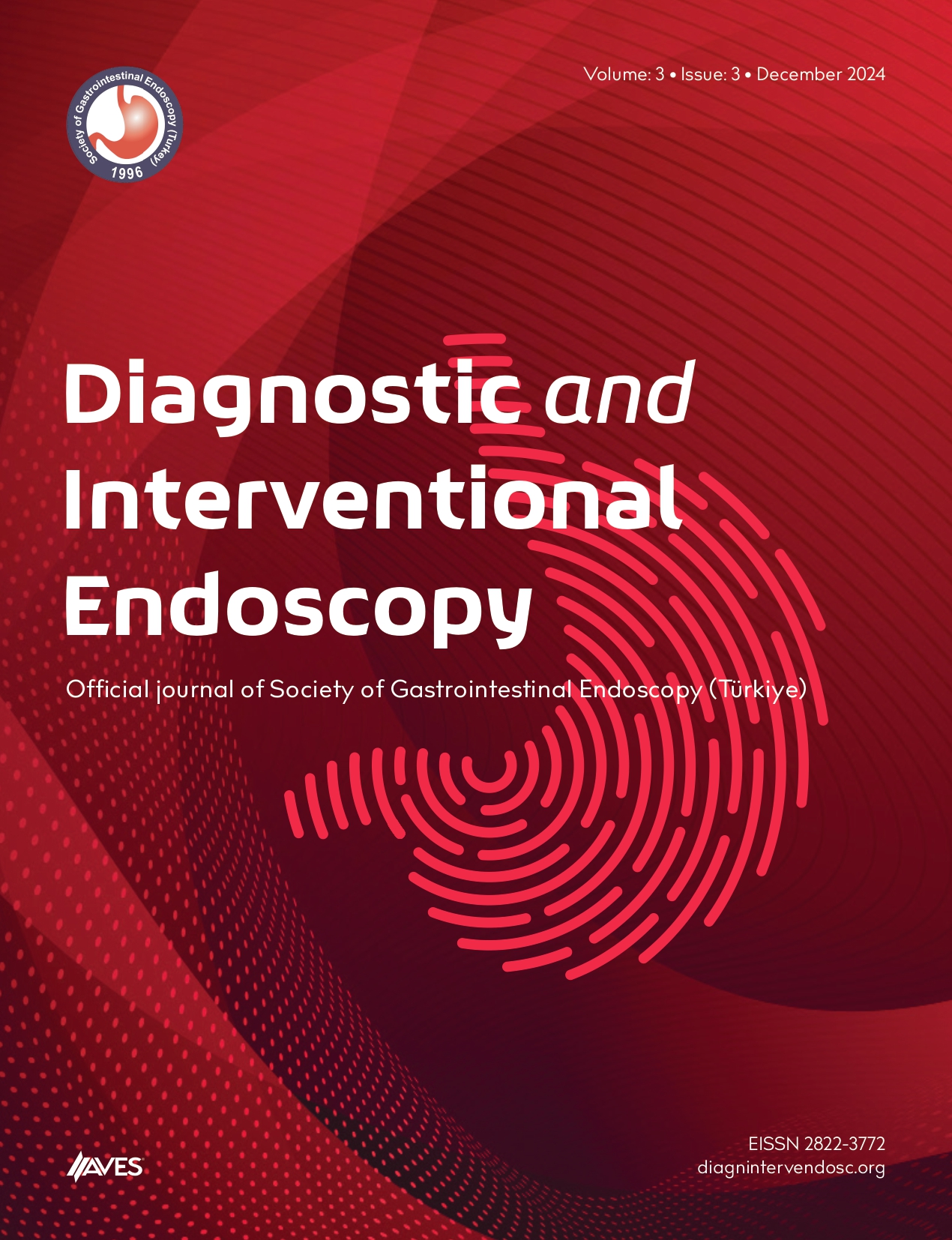Objective: Although the incidence of gastric cancer has decreased, it is still an important health problem worldwide. In this study, we aimed to investigate the relationship between Helicobacter pylori and histopathological findings of dyspepsia patients with gastric premalignant lesions, evaluated according to the Sydney classification system.
Methods: In our study, patients who applied to Atatürk University Internal Medicine and Gastroenterology outpatient clinics between 2016 and 2021, were over 18 years old, described as dyspepsia, and underwent endoscopic biopsy were evaluated retrospectively.
Results: In our study, which included a total of 500 patients, 283 (57%) of the patients were females. The mean age of the patients was 54.25 ± 15.482. The majority of patients diagnosed with H. pylori gastritis were women, aged < 55 years, and living in the city center. In the pathology reports examined, there were 36 patients with dense H. pylori cell density, 133 patients with moderate H. pylori cells, 231 patients with mild H. pylori cells, and 100 patients without H. pylori cells. According to endoscopic biopsy results, H. pylori positivity was 80%. In the pathology reports examined, a statistically significant relationship was found.
Conclusion: The role of H. pylori in the progression of premalignant chronic gastritis cases to gastric cancer continues to be intensively investigated today.
Cite this article as: Çomaklı N, Dursun H, Albayrak B, Yılmaz Ö, Albayrak F. Association of gastric pre-cancerous lesions with Helicobacter pylori. Diagn Interv Endosc. 2022;1(2):40-43.

.png)


.png)